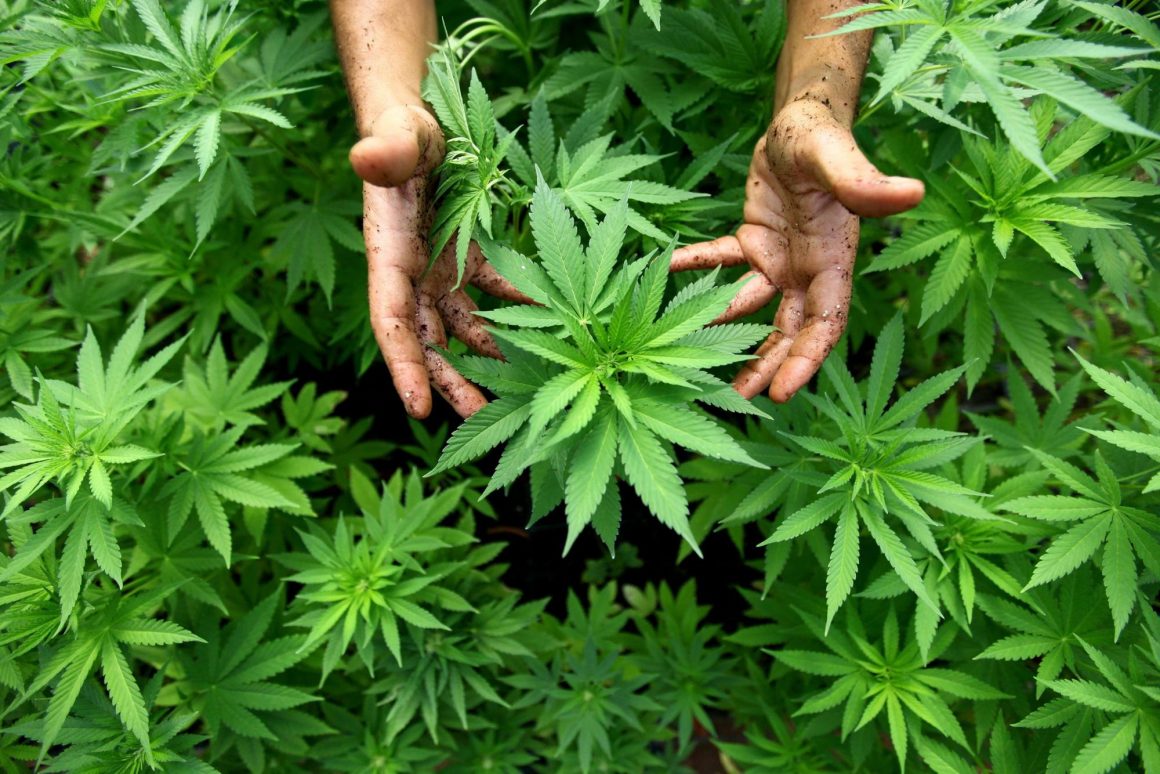On Thursday, October 1 2015, the Supreme Court of Canada unanimously decided in a 7-0 vote to legalize cannabis edibles. Now Canadians can consume medically provided cookies, cakes, brownies, teas, and candy. This was deliberated on the premise that limiting users to dry cannabis buds infringes on liberty protections under the Charter of Rights and Freedoms. Meaning, the concentrated amount of THC provided to those who have medical issues such as seizures are more adequately distributed in forms such as oils than in pills. The judges who ruled explained as follows: “The prohibition of non-dried forms of medical marijuana limits liberty and security of the person in a manner that is arbitrary and hence is not in accord with the principles of fundamental justice.”!
Owen Smith, a baker from Victoria, spurred this legal challenge. His apartment, which has THC infused oils, was raided and he was arrested in 2009. He went to trial and appealed. Now the top court says legalization of edible marijuana substances takes effect immediately. Cannabis oil provides a dose of THC at much more concentrated levels than dried. This is a boon to patients who would otherwise consume up to 10 pills daily.!
Vancouver was the first city in Canada to regulate medical marijuana. Compassion clubs, as they’re called, have to meet other standards such as being non-profit, serve members, and provide other health service such as massage therapy or acupuncture, and be a member of Canadian Association of Medical Cannabis dispensaries. Many Canadians gather to light up in protest since the nineties, with little interference by law officials.!
With the legalization of edibles, recreational use is likely to be enhanced, as the trickle down effect of these substances will make ready to buy cannabis products more widely available. Canadians have been puffing up since the 1930’s, and the trend is likely to increase as the availability of cannabis is more wide spread. Canadians have been more liberal with their cannabis consumption compared to other countries. In the early 1970’s the Le Dain Commission was appointed in Canada to undertake a complete and factual study of marijuana use and its effects, deeming the regulation created the opposite effects than intended. Prime Minister Joe Clark, the Progressive Conservative government of 1979-80 gave notice in its Throne Speech that it intended to reform the Criminal Code provisions regarding cannabis. Cannabis has been legalized for medical used since 2001.

